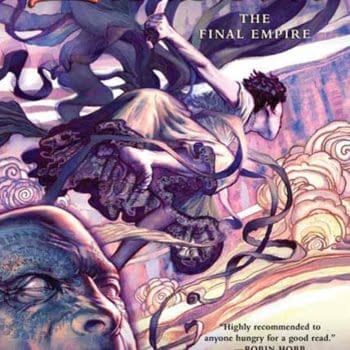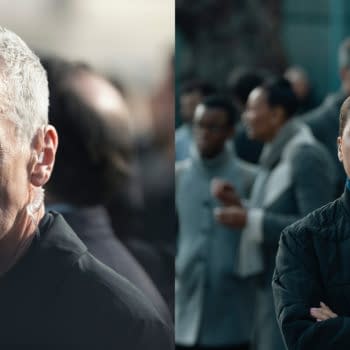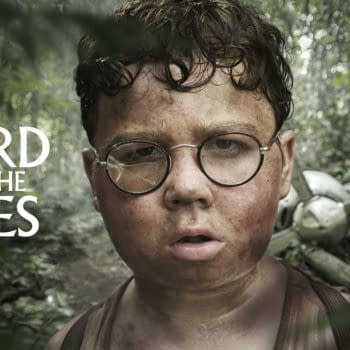Posted in: TV | Tagged: chinese science fiction, Liu Cixin, prime video, The Three-Body Problem
The Three-Body Problem: How the TV Series Improved Upon The Story
The Three-Body Problem TV series expands on the novel with more emotional nuances, fleshed-out themes & empowered female characters.
The Three-Body Problem is probably the most faithful television adaptation of a book for decades in any country. No other television show or movie has followed its source book this closely, but it does more than that. Screenwriter Tian Liang Liang, along with director Yang Lei and the producers, are obviously fans of Liu Cixin's original novel and know it inside-out, enough to pick the story apart and put it back together again with additions and expansion to the story that make it better. She found the emotional connections that made the characters matter.
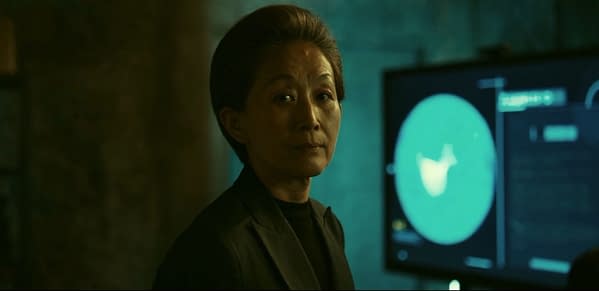
The Three-Body Problem: Determined by Science Grandma's Family Tragedy
Science Grandma Yie Wen Jie, played by Wang Zi Wen in her youth and Chen Jin in her later years, is the reason everything happens in The Three-Body Problem. If she hadn't been traumatized and warped by the Cultural Revolution, she would have become a renowned astrophysicist and university professor. In the book, she's observed from the outside, but the series revealed more of her inner life. Her essential nature is her desire to be helpful, and the series shows her natural warmth when she discovers she loves teaching, especially children.
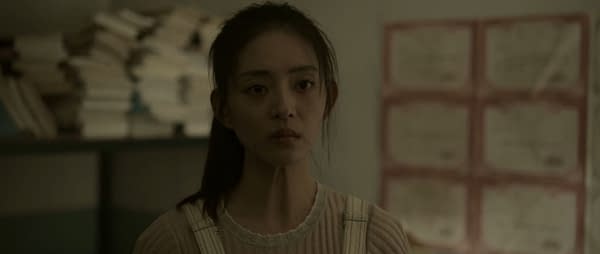
The series also gave Yie Wen Jie a niece who didn't exist in the book. Chen Xue (Vian Wang) was created from whole cloth for the show and becomes a terrifying villain. She's a woman abandoned by her mother, Yie's sister, who is so fiercely loyal to Yie that she's willing to die for her and does. The script also has a deeper explanation for Yie's daughter Yang Dong's (He Du Juan) suicide – she discovered her mother betrayed both the Science she was raised to believe in and the entire human race. She died from grief and despair. The tragedy of Yie Wen Jie's life is that of the legacy of the Cultural Revolution, which ripped her family apart, and then her actions lead to the deaths of both her niece and her daughter, effectively ending her family line, and also ultimately dooming the human race. This thematic and dramatic throughline is not in the book but teased out in the show.
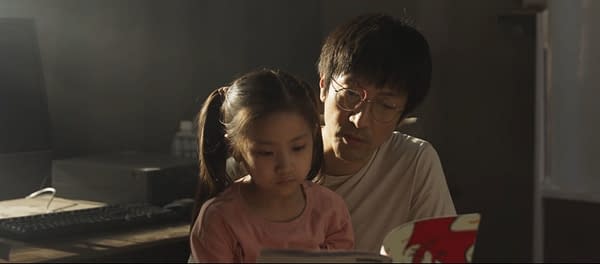
Wang Miao has a Personality and Emotional Drive
Wang Miao in the book is a cipher and a mouthpiece for Liu Cixin to ask questions and move the story and scientific explorations forward. He's such a blank that he became a meme amongst Chinese fans called "Where's Wang Miao?" The series gives him more agency, a deeply empathetic man who needs to know why Yang Dong, someone he admired, would kill herself. He also develops a surrogate mother-son relationship with Yie Wen Jie when he visits her. In the book, Wang Miao (Edward Zhang) has a wife and a young son, and barely any mention was made of them beyond that. In the series, his wife is a doctor who works at a hospital, and he has a precocious daughter in primary school who grounds him. His wife is the voice of sanity in their household, and his daughter often drives him to realise things he hadn't noticed before in his investigations. His daughter also becomes a hilarious foil for Shi Qiang (Yu He Wei) when the latter volunteers to pick her up from school so that Wang Miao can continue to investigate the Three-Body Problem game. The result is a very funny scene where Da Shi buys the kid all the street food her parents won't let her eat, an ice cream.
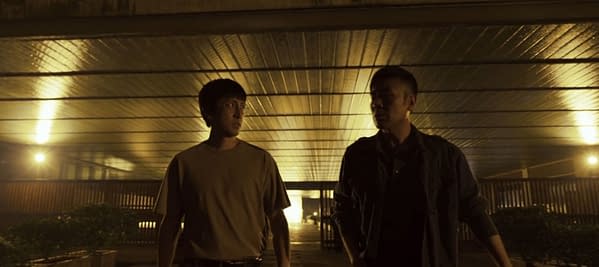
The Wang Miao-Shi Qiang Buddy Comedy
The bickering bromance between Wang Miao and Shi Qiang is also a relationship expanded upon in the series and is often very funny, especially when Wang Miao complains about Di Shi pulling him out of his research work. As in the book, Da Shi pulls Wang Miao back from the edge of despair at least twice, deepening their bond. The friendship culminates in a genuinely warm rapport Wang Miao, and Da Shi share by the end of the series, barely hinted at in the book.
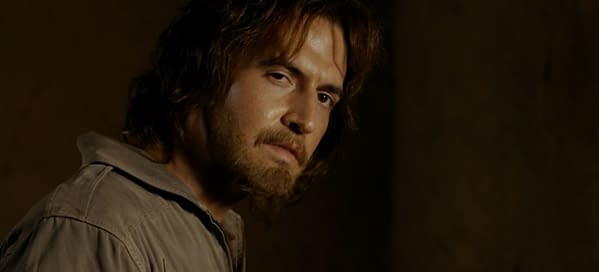
Trauma and Obsession are Recurring Themes in the Show
It was hinted at in the book, but many of the characters who drive the story of The Three-Body Problem are shaped by trauma and obsession. The chief figure is Ye Wen Jie, of course, as her obsessive pursuit of the alien signals from space leads her to reply and doom the Earth to an impending invasion. Her acolyte Shen Yu Fei (Li Xiao Ran) is obsessed with solving the Three-Body Problem, hoping that could prevent the invasion of Earth. Mike Evans (Kenan Heppe) was traumatized by seeing the death of the birds he loved and entire species from man-made environmental disasters and becomes obsessed with saving endangered species, and his failure drives him to form the Earth Trisolaran Organisation to bring about the destruction of the human race. The obsession with wiping out humanity is shared by his follower Pan Han (Johnny Zhang). Math prodigy Wei Cheng (Zhao Jain) is so obsessed with solving his equations he is literally unable to function in life. Hapless astronomer Sha Rui Shan (Kong Liang Shun) becomes obsessed with seeing the universe flicker again after witnessing it with Wang Miao.
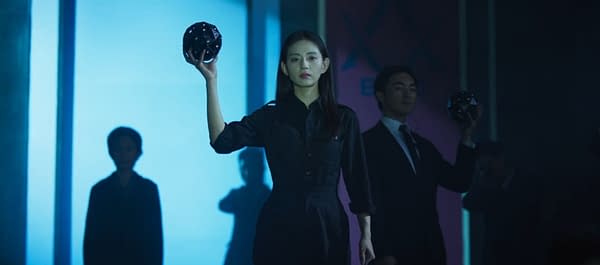
More Women in The Three-Body Problem TV Show Than the Book
Do you notice a common thread in all these improvements the show introduced to the story? It's that the female characters and their points of view are stronger than in the book. Granted, Liu Cixin has a recurring preoccupation with powerful, obsessive, and ruthless female characters in the form of Yie Wen Jie and the main female character in his previous novel Ball Lightning, but he doesn't really give them nuance. Commentators have said the English translation of the book cuts out several male gaze-y and sexist descriptions of the female characters. The show goes even further by not only giving the female characters more agency but also creating new ones.
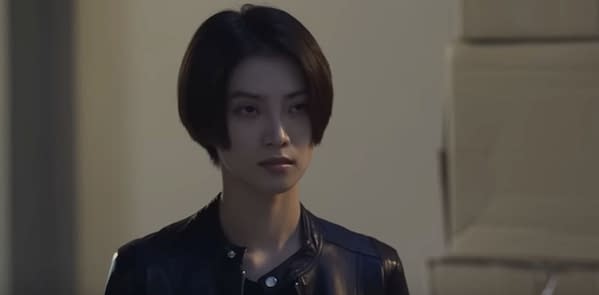
Xu Bing Bing is just a computer expert who delivers some exposition. In the show, she's a smart, ambitious, subtly gender-nonconforming but loyal and brave police investigator out to prove herself and is willing to put her life on the line to protect someone like Wang Miao. She develops a brother-and-sister rapport with Shi Qiang as his cop sidekick. Li Ze Hui plays her as a fully-realised character whose inner life is strongly hinted at but never fully revealed.
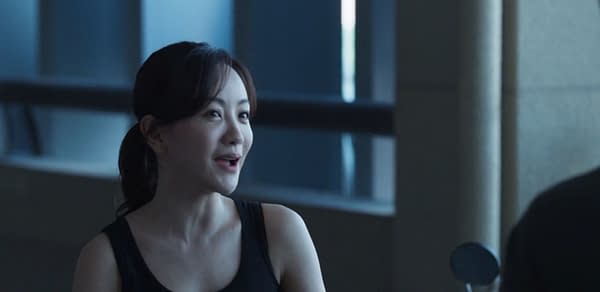
Mu Xing (Yang Rong) is barely mentioned in the book, but in the show, she's a character with a complete arc, going from annoying reporter to smart reporter trying to find the truth only to be set up and murdered to show how dangerous Chen Xue and the ETO are.
All of this is down to screenwriter Tian Liang Liang taking an empathetic approach to the characters to supplement the plot and hard science fiction that already drove the story in the original book. Everything bad about the show – the slow pacing, the repetitive dialogue and scenes – is due to the commercial demands of the broadcaster, while everything good about the show is due to the creative decisions that attracted more emotional investment in the characters, which every television show needs in order to succeed.
The Three-Body Problem is now streaming ad-free on Prime Video.





